Smoking and Chronic Obstructive Pulmonary Disease (COPD) are closely linked. COPD is the fourth leading cause of death in New Zealand after heart disease, stroke and lung cancer – and smoking is the main cause of COPD. The disease is largely preventable by not smoking and the evidence is clear – so if you want to prevent COPD, then never start smoking, or if you do smoke, quit.
COPD refers to a group of diseases that cause the airways of the lungs to become blocked and less efficient. This leads to breathing problems such as shortness of breath, wet cough and wheezing. COPD is a progressive disease, getting worse over time. Because it takes time for the disease to develop, most people diagnosed with COPD are over the age of 40. It is also a disease that can go undiagnosed and it is estimated that there are around 200,000 New Zealand adults affected by the disease who are unaware they have it.
How to manage COPD
Unfortunately, there is no cure for COPD but the symptoms can be managed and disease progression can be slowed. The most important way to do this is to stop smoking. Other ways to manage COPD:
- keep a healthy body weight
- live in a warm, dry home
- manage stress
- avoid second-hand smoke and air pollution
- understand the correct use of your medicines
- avoid lung infections
- get vaccinated – certain vaccinations are free for people diagnosed with COPD – e.g flu vaccine
- use supplementary oxygen
- pulmonary rehabilitation – education and exercise programmes that can improve quality of life, decrease hospital admissions and help COPD patients manage their breathing and energy levels.
Medicines used for COPD
- Preventers – steroids taken as tablets or used in inhaler form can decrease the swelling in the airways and relieve muscle tightness in the chest.
- Relievers – these medicines open the airways and make it easier to breathe. They can be taken in the form of tablets, or used in nebulisers or inhalers.
- Antibiotics – these will be prescribed for a COPD patient with a chest infection. A person with COPD will often have a chronic wet cough. If the phlegm colour changes from white to a green or yellow colour, this can be a sign of infection.
- Oxygen therapy – supplementary bottled oxygen is given to prevent heart strain. People often think it is for shortness of breath but it actually treats the low levels of oxygen that occur over the months and years of having COPD. This puts a strain on the heart and can cause heart problems. Oxygen is used for a minimum of 15 hours per day.
Quit smoking
Put simply, smoking damages your lungs. The damage done is increased depending on how early you start smoking, how much you smoke and how long you have smoked for. Smoking makes breathing and exercising harder. Every cigarette causes more damage to your lungs and worsens COPD. Smoking is a difficult addiction to overcome and you may need help to stop, rather than doing it on your own.
There are many options for help when you decide to quit smoking, and stop smoking service providers are located throughout New Zealand. Options are:
- face-to-face consultations – Kaupapa Maori support services and health and wellness providers can meet in person with you
- Quitline – is open 24/7. Text 4006, call 0800 778 778 or go online to www.quit.org.nz
- visit your local pharmacy – pharmacists can provide funded Nicotine Replacement Therapy (NRT) without the need for a prescription.

All quit smoking providers will help you create a quit plan, provide support throughout your quit journey, and provide NRT (patches, gum or lozenges).
It is never too late to stop smoking – doing so will improve your health and wellbeing and ensure COPD is managed and slows in progression. Get in touch with your local quit smoking provider and take your first step towards becoming smoke-free.






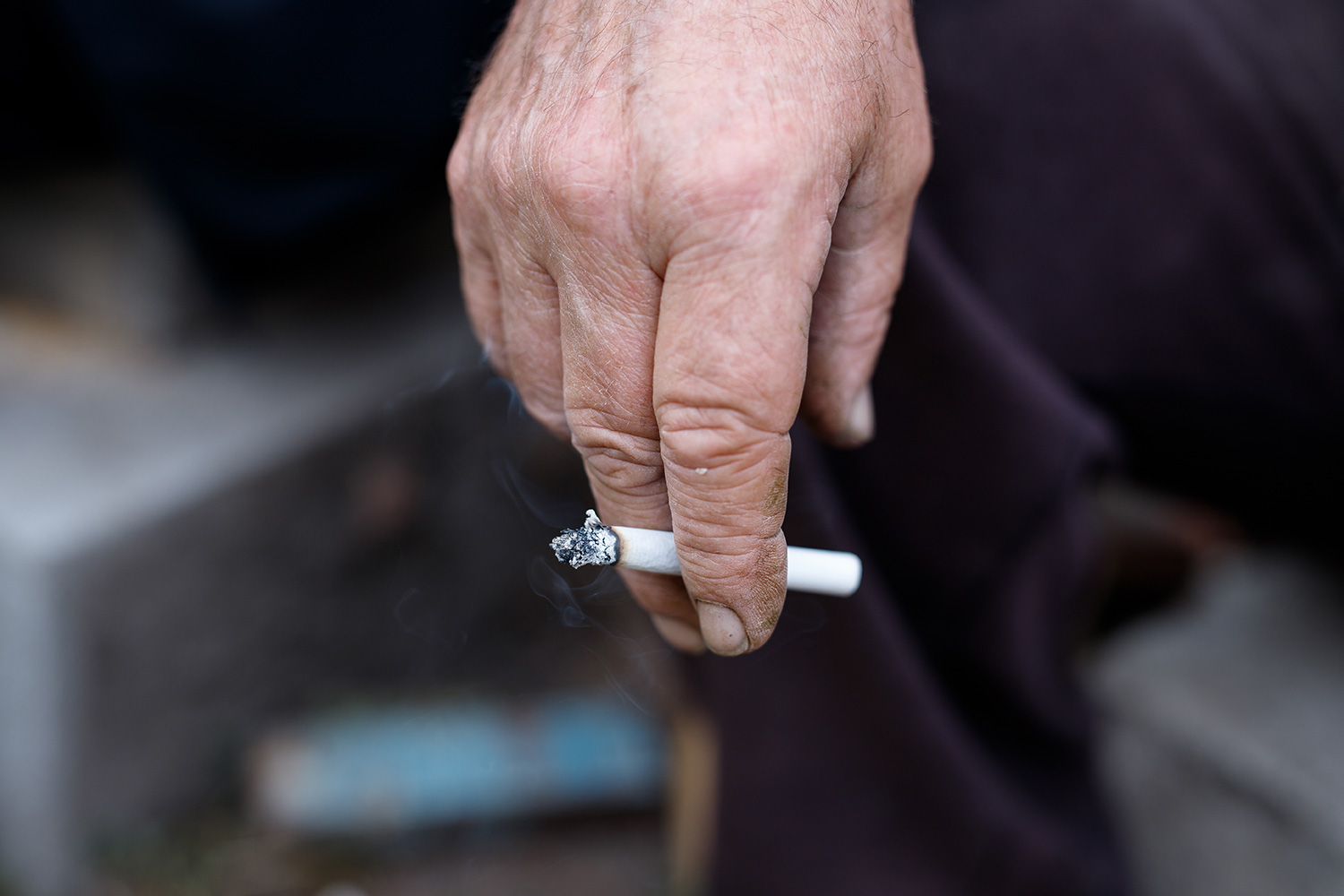
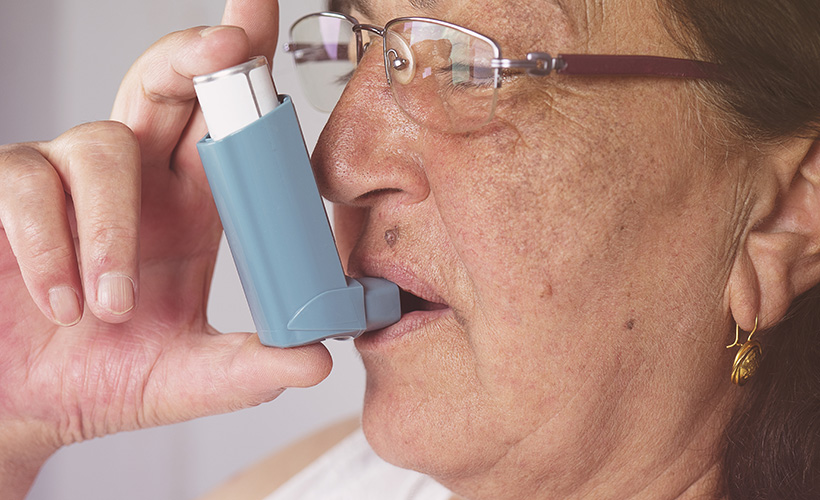

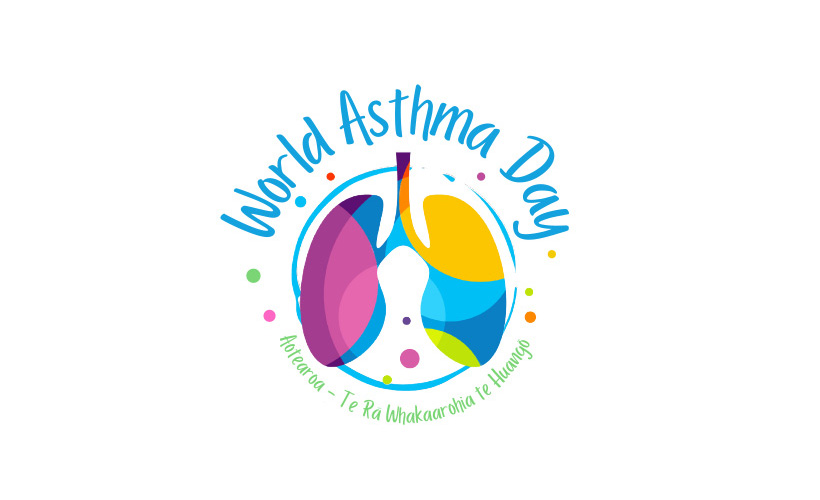
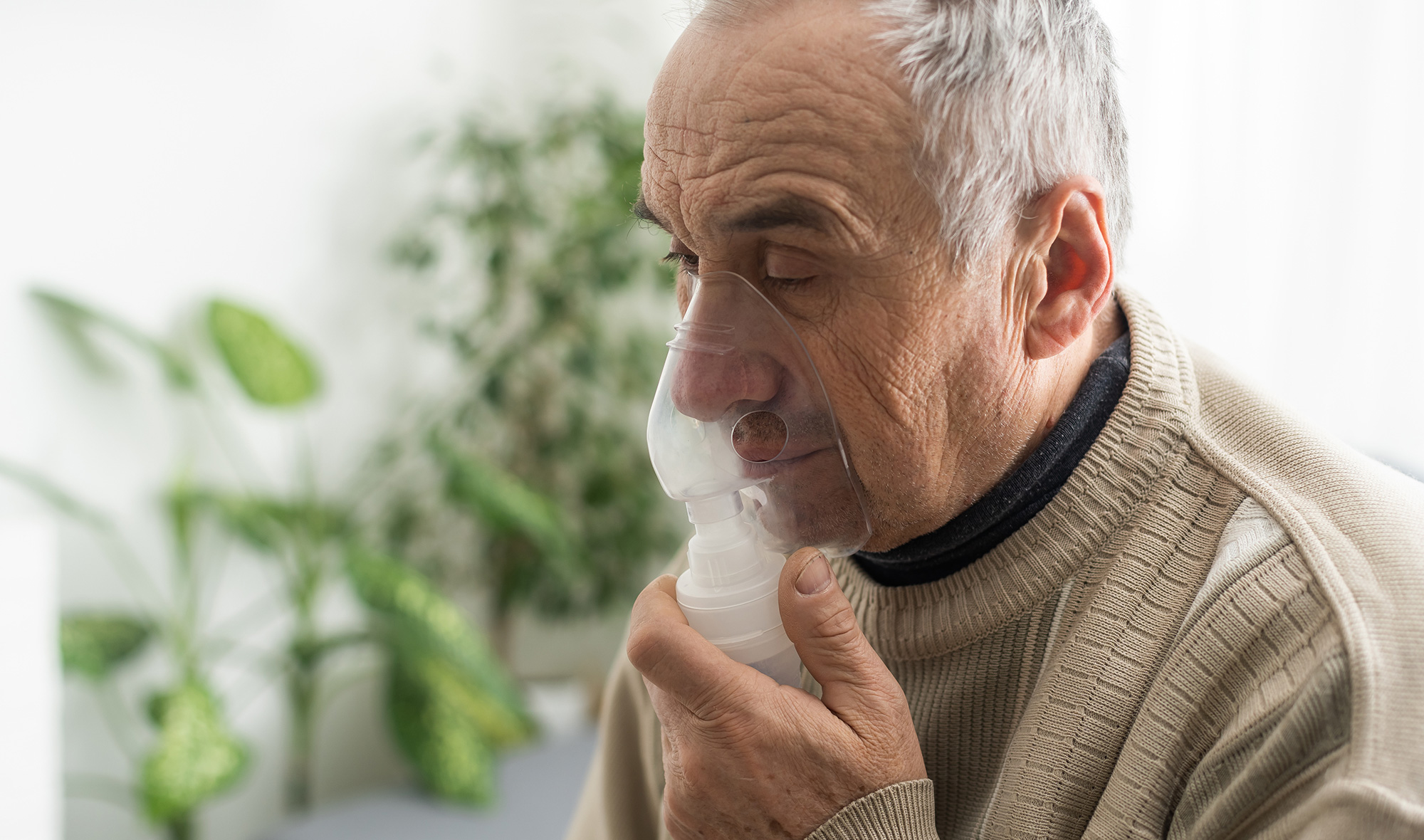


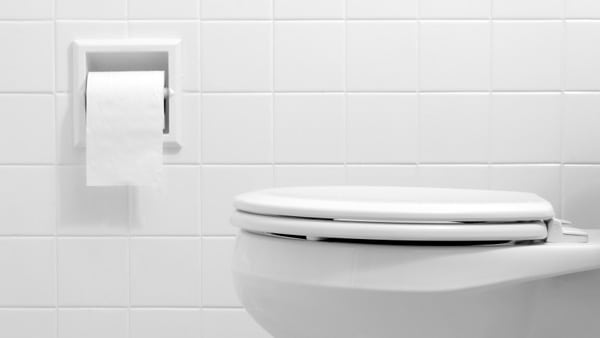



Community